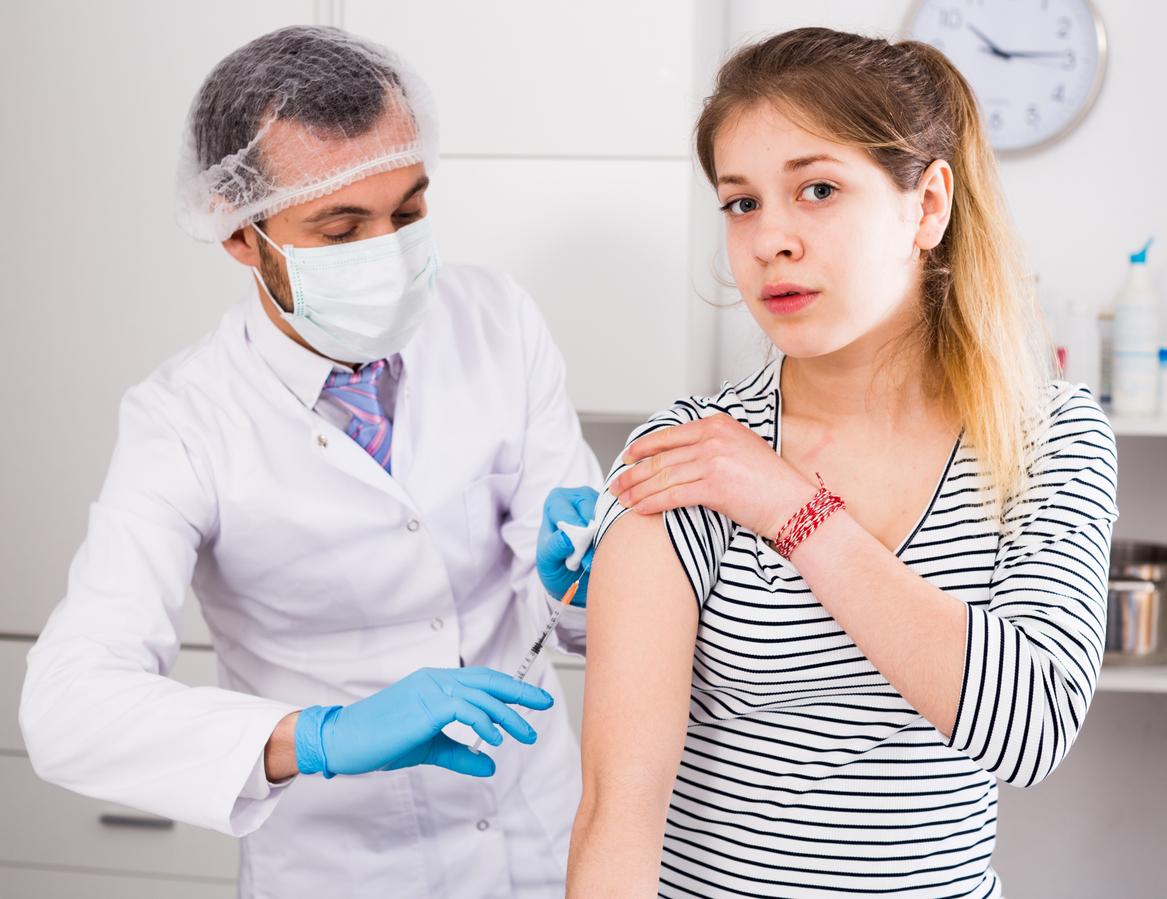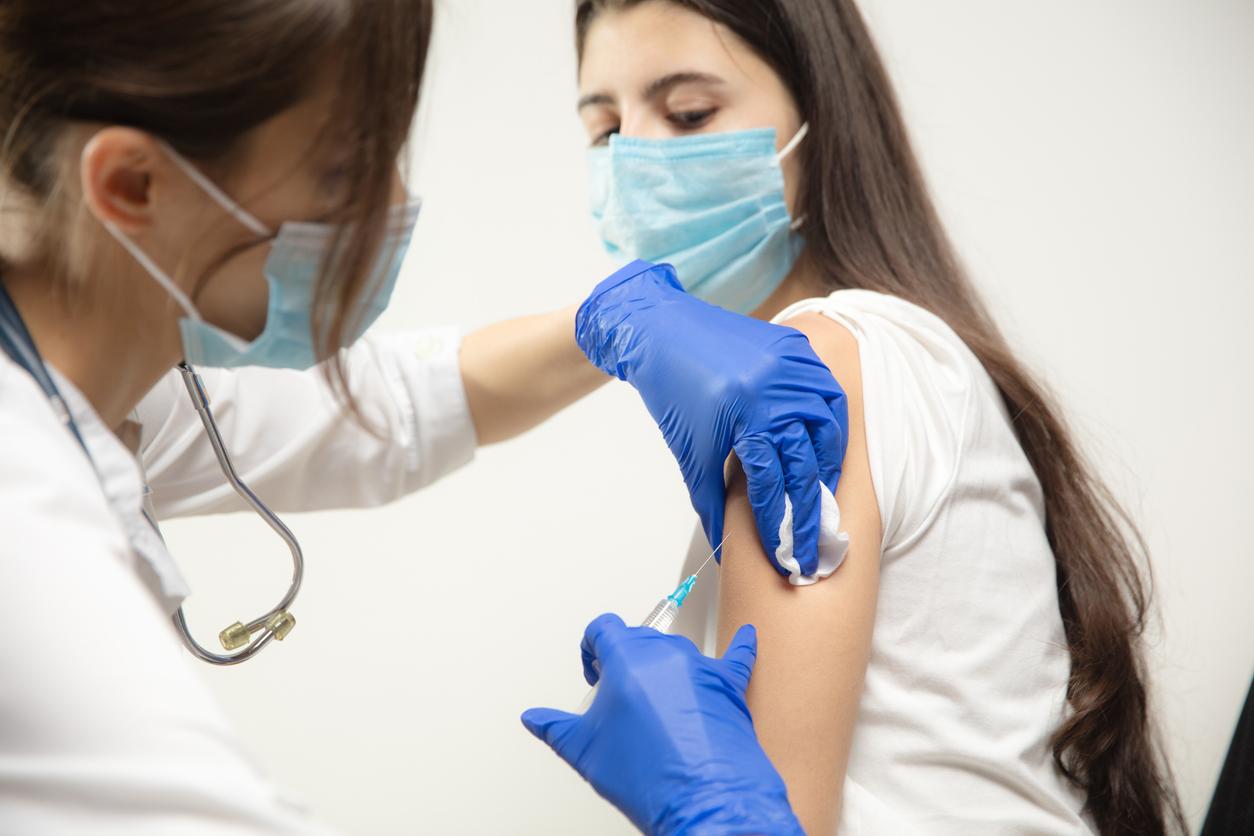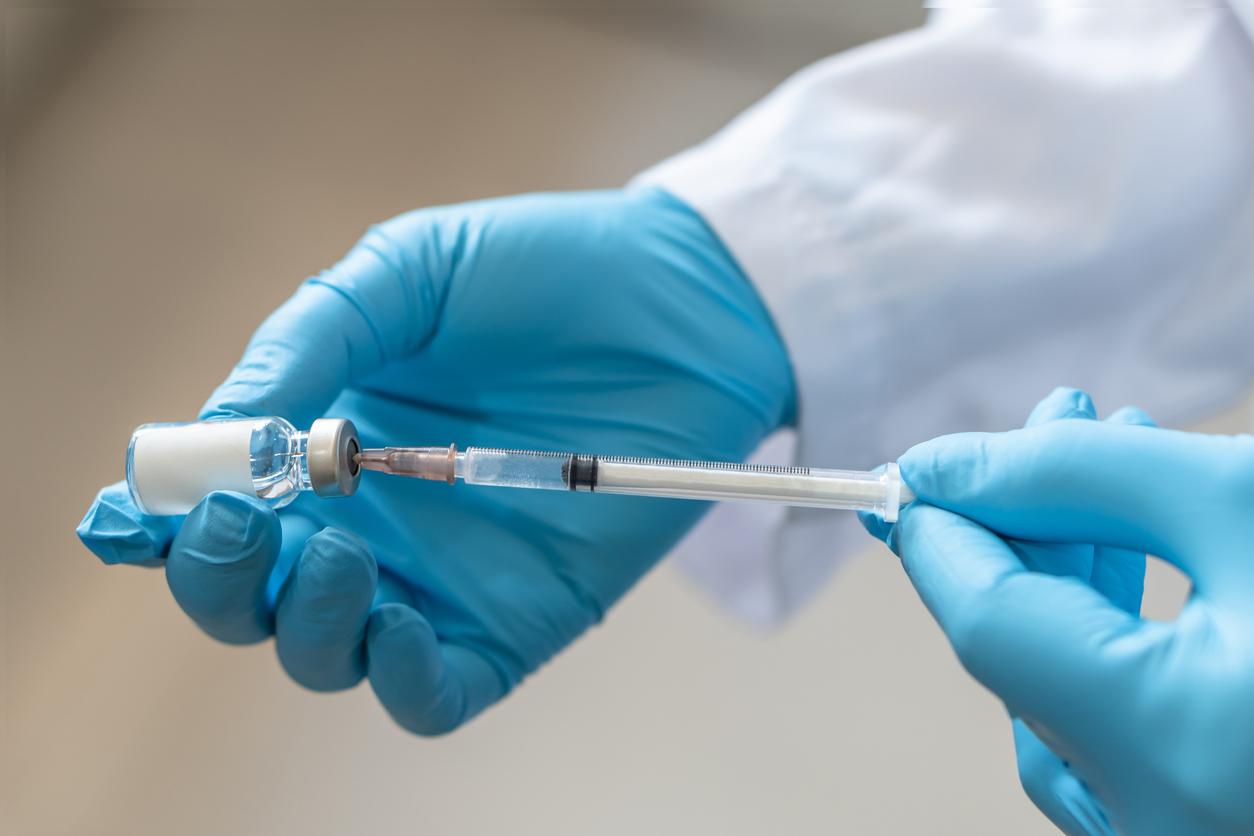“For three years, we have been sounding the alarm about declining vaccination rates, and the increased health risk to children around the world“, warns Ephram Tekle Lemango, in charge of vaccination programs at Unicef. Nearly three years after the start of the pandemic, Covid-19 continues to have serious repercussions on global health, with in particular a explosion of measles cases.
In 2021, nearly 40 million children were deprived of measles vaccine doses – the first for 25 million and the second for 14.7 million -, according to a joint report WHO and the US Centers for Disease Control and Prevention (CDC). Immunization coverage for the first dose is even at its lowest since 2008.”We have a tight window of opportunity to regain lost ground“, he continues.
Because of Covid-19, “immunization programs have been severely affected“, confirmed Tedros Adhanom Ghebreyesus, the head of the World Health Organization (WHO). “Behind every statistic in this report is a child at risk for a preventable disease“.
An “imminent threat” in all regions of the world
Which countries are most affected? “In 2021, nearly 61 million measles vaccine cases were postponed or missed in 18 countries“, indicates the WHO The countries where the children are the least immunized are mainly in Africa and Asia, notably in Nigeria, India, the Democratic Republic of the Congo, Ethiopia and Indonesia. In total, 22 countries have experienced outbreaks”important and disruptive“ last year, particularly in Africa and the Middle East. In 2021, 9 million cases were detected worldwide, including 128,000 deaths, according to the WHO report. And the situation does not seem to be improving. In the months of January and February 2022 alone, the number of cases increased by almost 80% compared to the same period last year.
Because measles is highly contagious, cases tend to appear quickly when vaccination levels drop. Nearly 17,338 cases of measles had already been reported worldwide in January and February 2022, compared to 9,665 in the first two months of 2021. There is no treatment once infected, and the disease will be responsible for high fevers and possible pulmonary complications, seizures or blindness. In order to achieve herd immunity, vaccination coverage must necessarily be very high.
According to the two organizations, this reduction in vaccination constitutes a very significant setback in progress towards the elimination and maintenance of measles. “Since 2016, 10 countries that previously eliminated measles have experienced outbreaks and re-established transmission“, regrets the WHO. “Declining vaccination coverage, weakening measles surveillance and continued interruptions and delays in vaccination activities due to Covid-19, as well as the persistence of large outbreaks in 2022, mean that measles is a threat imminent in all regions of the world.“
After a continuous dramatic decline since the 2000s, the year 2021 marked a record number of cases and deaths. “There is no time to waste, we must work urgently to ensure these lifesaving vaccines reach every child.”concluded Elizabeth Cousens, President of the United Nations Foundation.
Source :
- Measles: lack of vaccination, nearly 40 million children at risk, according to the WHO, United NationsNovember 24, 2022


















